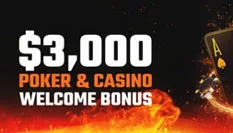Why to Play Shorthanded Poker
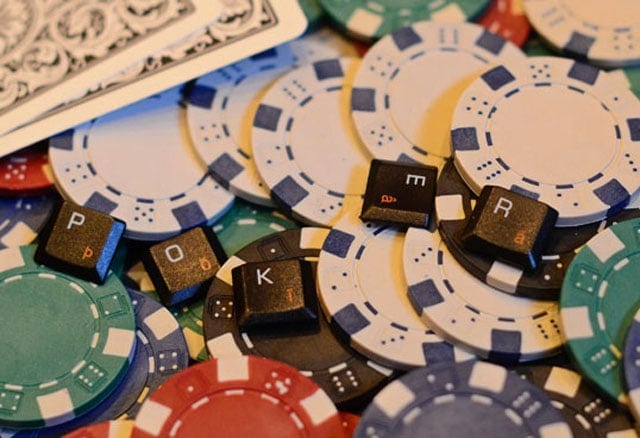
Shorthanded poker is a popular variation used in cash games, tournaments and Sit and Go’s. Not only is it played online but it is now played in live events, too, including the World Series of Poker with heads-up, 6, and 4-handed events.
If you’re new to poker, you might be asking yourself, “Should I play shorthanded poker?” That’s the question I tried to answer for you below by highlighting the pros and cons of 6-max poker games. You can also learn more about 2-player poker games.
Table of Contents
Shorthanded games aren’t just for online poker anymore
The widespread popularity of shorthanded games online has even affected the brick-and-mortar cardroom industry with demand from online players necessitating the spread of smaller tables.
What was once only feasible for online poker rooms thanks to the lack of floor space and paid live dealers is now offered by a number of live cardrooms.
5 Benefits to Playing Shorthanded Poker
While the actual rules of the game remain the same in shorthanded poker games the dynamic and flow dictates a completely unique strategy of play.
A by-the-book tight-aggressive strategy can be highly effective in loose 9-handed games, but will likely falter with attentive shorthanded players.
At the same time, thanks to quicker game speed shorthanded games can provide both a better hourly win rate and a more mentally-engaging experience.
Let’s take a look at some of the best reasons to join the masses at shorthanded games.
1. 6-handed games allow more hands per hour
Seeing as how there are 3 fewer players compared to a full ring game you’re going to be dealt more hands. You’ll likely be playing over 100 hands per hour.
There are a number of benefits to playing more hands. For one thing, you can earn a higher hourly rate. There’s more action, too, so it’s less likely that you’ll be bored. More hands also mean more experience.

2. Aggressive strategies are encouraged in shorthanded poker
Shorthanded games are for aggressive players. So if you’re someone that likes to play a lot of hands, raise and re-raise, then shorthanded poker might be up your alley.
The reason why the games are more aggressive is because the value of hands goes up. It might not make sense to play a hand like KT or A8 in a full ring game, but in a shorthanded scenario they’re essentially the same as KQ and AJ.
Players also need to be more aggressive (or active) because the blinds are coming around more often. If you stick to the same hand range that you play in a full ring game you’ll lose money. There’s more aggression because players have wider ranges; other players know this and raise, re-raise, and check-raise more often.
Hands are still going to miss the flop the majority of the time, too, so players bluff more frequently as well.
3. Online poker bonuses can be completed faster
With more hands per hour it’s possible that you can earn your bonuses (and VIP levels) at a faster rate. Makes sense, right? This comes with a disclaimer, though. It will depend on the site you’re playing at and they charge players for rake.
In other words, if the poker site uses the “dealt” method, then every player will receive points (that’s used for bonuses and VIP) every time they’re dealt a hand.
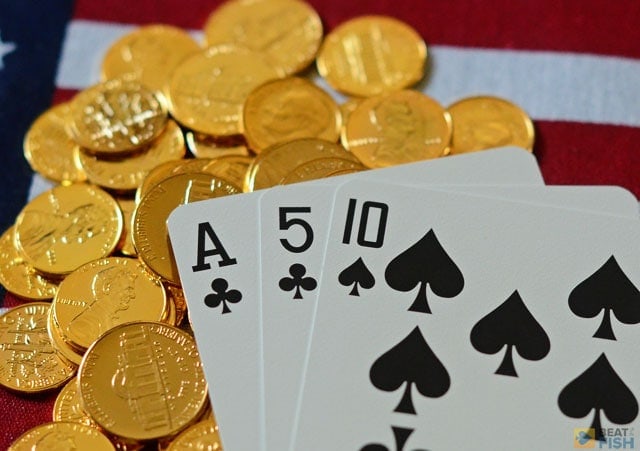
However, if the room uses the contributed or weighted contributed method, players will only receive points if they put money in the pot. So it will depend on the site, in addition to your style of play and your opponents.
4. Take Advantage of Fish
Beginners, action junkies, fish, etc. Whatever you want to call them they love playing 6-max games because they get to play more often. Many of them also realize they need to play more hands because of the (more) frequent blinds and just that hands go up in value. So they do.
However, fish don’t know how to play poker well. Shocking, right?
They over adjust, play too many hands and over value the hands they do make. These are profitable opportunities for more experienced players a.k.a. YOU.
5. Learn Intermediate to Advanced Poker Strategies
Experience is the best teacher. That’s certainly the case in poker. If you want to learn how to play aggressive poker, how to put opponents on ranges (for different situations), read hands and bluff profitably, then 6-max is a great place for that. You can learn a lot, and learn it fast.
4 Downsides to Shorthanded Poker
6-max isn’t (always) a bed of roses. At least for some players. Here are some disadvantages to playing shorthanded games.
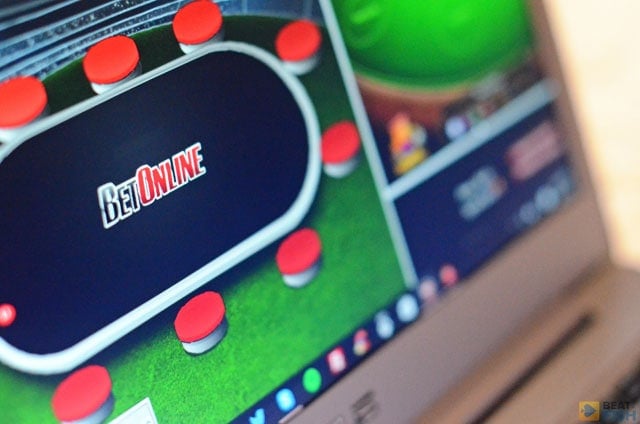
1. Pay the piper more often
This may or may not be a “duh” moment for you, but since there are fewer players each player will go through the blinds more often. This will affect each player differently. For example, tighter players will want to squeeze a lot of value out of the hands they do play if they choose to sit on their hands and wait for the nuts.
At the same time, if you’re not very good (tight or loose), the blinds going through you 33% more often will only eat at your bankroll and hourly rate faster.
2. Shorthanded poker comes with high variance
More hands, wider hand ranges, more aggressive raising; these are all characteristics of high variance poker.
What this means for shorthanded players are more up-and-down swings, not to mention the bigger the swings will be. So you have to be mentally prepared to handle them. Your bankroll will need to be able to handle them, too.
3. Not Ideal for Beginners or “ABC” Players
Because of the wider hand ranges, aggressive play, variance and so on, shorthanded poker isn’t ideal for beginners or ABC players.
From experience I can tell you that you’ll find yourself out of position too often, playing too many hands and getting yourself into awkward spots.
Ideal might not even be the right word. It depends on your goals. If you plan to work on your game, study, and try to get better, then by all means play 6-max. However, if you want to play a couple of hours per week and have some consistency in your bankroll and sessions, then full ring would be the better option.
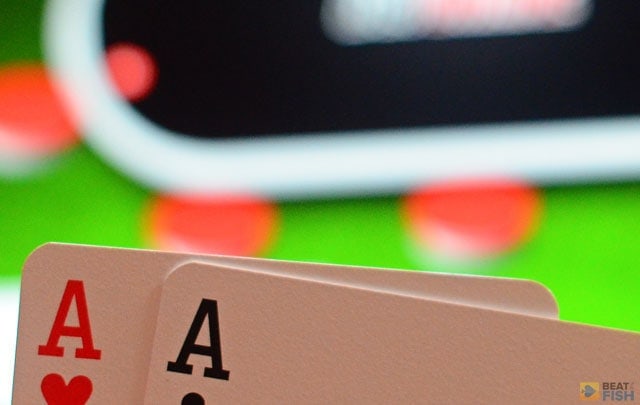
4. Harder to Multi-Table
Since you’ll play more hands (per hour), you’ll need to make decisions more often. That makes it much harder to play multiple tables at once. Play too many and you’re doing yourself more harm than good. The upside to this, though, is that you shouldn’t need to add a ton of tables if you’re coming from full ring.
Each 6-max table means 33-100% more hands per hour. So if you do decide to multi-table, start with a smaller number of tables than you think you can play, just to be on the safe side. Otherwise you’ll spew your bankroll.

